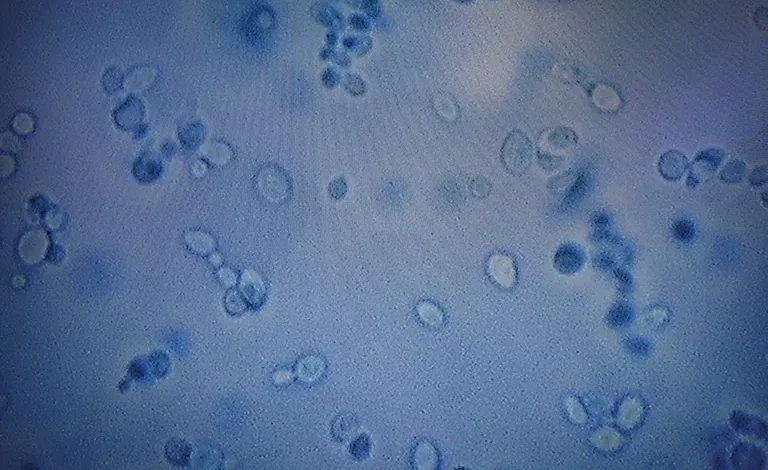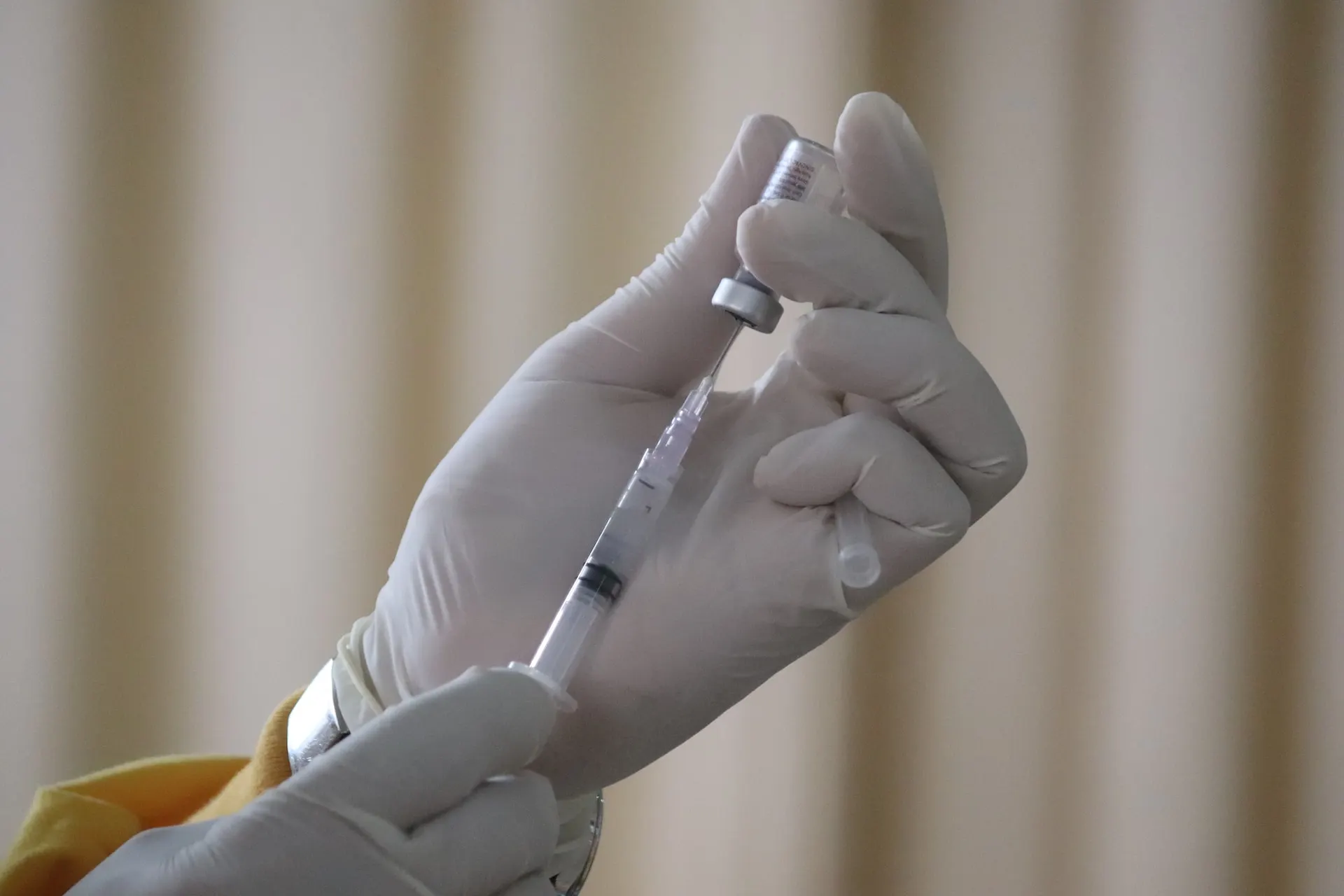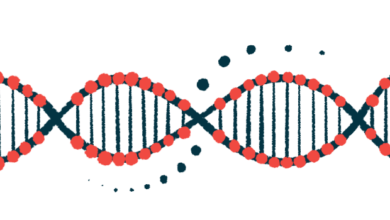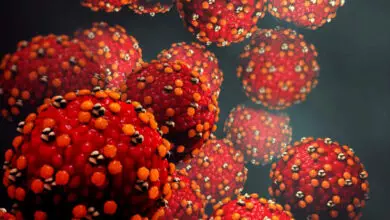
On Tuesday, health authorities in King County, Washington, verified the state’s first-ever case of a specific deadly fungus.
Candida auris, also known as C. auris, was first detected in the state in July at Kindred Hospital. A long-term acute care facility in Seattle, when a patient from Pierce County tested positive, as reported by Public Health of Seattle & King County. At that moment, no other instances were discovered.
According to a blog post from the public health office, Kindred just admitted a patient with another confirmed case. According to the post, the patient underwent screening as part of a state department of health initiative to find potentially treatment-resistant microbes, such as C. auris, as early as possible.
Related Article: Measles Outbreak After Kid Violating Quarantine
The first recorded Deadly Fungus Epidemic
The first recorded C. auris deadly fungus epidemic in the state began to spread more than a week later. When the hospital identified three further cases, all in patients who had initially tested negative for the fungus.
The original source of the illness “may never be identified,” according to public health professionals who have said that they are not confident of the current situation. There was a lack of up-to-date patient information.
“Kindred and Public Health continue to collaborate in order to contain the spread,” the tweet said. “Part of this involves implementing measures to isolate patients with a confirmed case of C. auris from other patients. In order to minimize the transmission of the infection, we are also utilizing cleaning products designed specifically to kill C. auris.”
Kindred is now in the midst of informing other healthcare institutions that have taken in patients from Kindred.
Related Article: Ancient DNA Reveals How Ms-Risk Genes Arose
COVID prevented announcing C. auris as another pandemic at the time
During the coronavirus pandemic last spring, the rise of C. auris infections was “alarming,”. Prompting the CDC to declare that these infections pose an immediate danger to public health. Last year, the fungus was responsible for a 2000% increase in cases from 2019 to 2021.
The fact that C. auris is resistant to conventional antifungal drugs is very worrisome. According to Claire Brostrom-Smith, manager of King County’s health care-associated infections program, who expressed her concerns in the blog post. Brostrom-Smith said that it may spread throughout the body via a process known as “colonization,” even if the patient shows no symptoms.
In addition, Brostrom-Smith stated that “invasive” infections. Which may be life-threatening, arise in 5–10% of people who are “colonized” with C. auris. According to Brostrom-Smith, almost 45 percent of patients with invasive infections do not survive beyond the first 30 days.
Brostrom-Smith added that patients in long-term acute care institutions are disproportionately vulnerable. Due to their severe illnesses and reliance on mechanical ventilation and other medical equipment.
Related Article: New Alzheimer’s Treatment Accelerates the Cure
According to the CDC, C. auris often does not pose a concern to those who are healthy.
Infections in various areas of the body, such as the bloodstream, open wounds, and ears, are often symptoms, according to the CDC. However, the exact location and degree of the infection determine the intensity of the symptoms. Although “there is not a common set of symptoms” unique to C. auris infections, the FDA did caution that certain symptoms could be comparable to those of other bacterial illnesses.
Brostrom-Smith elaborated by saying that the fungus may survive on some surfaces for weeks or even months, making its removal a challenge in healthcare settings.
It was anticipated that C. auris would “eventually be found in Washington” as public health teams have been collaborating with Kindred to launch the early screening program for months, according to Tuesday’s article.
To curb the spread of C. auris and put preventative methods in place before it becomes widespread, early diagnosis is crucial, according to Public Health Seattle & King County.





